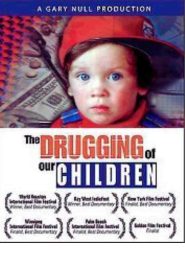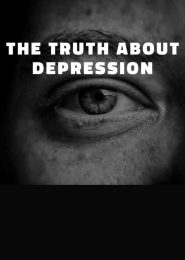Statin Nation: The Great Cholesterol Cover-Up (2013)
Statin Nation: The Great Cholesterol Cover-Up is a thought-provoking documentary that delves into the intricate world of cholesterol, its impact on global populations, and the controversies surrounding statin medications. Directed by Justin Smith, this film challenges conventional wisdom and sheds light on the medical complexities related to heart health.
Here are some key points from the documentary:
- Cholesterol Controversy:
- The film explores the longstanding debate about cholesterol. For decades, the narrative has been shaped by pharmaceutical companies keen on maximizing profits. These companies have distorted facts about cholesterol and heart disease, leading to widespread overprescription of statin drugs.
- Statins are commonly prescribed to lower cholesterol levels, but their efficacy and safety have come under scrutiny.
- Science and Skepticism:
- Statin Nation delves into the scientific evidence behind cholesterol management. It questions whether lowering cholesterol through medication is truly beneficial or if alternative approaches, such as lifestyle changes, might be more effective.
- The documentary highlights the need for critical thinking and skepticism when evaluating medical interventions.
- Risks and Alternatives:
- The potential risks associated with statins are explored. These drugs can have side effects, including muscle pain, liver damage, and cognitive issues.
- The film advocates for considering alternative treatments, such as dietary modifications and regular exercise, as viable options for maintaining heart health.
- Global Perspectives:
- The documentary examines how cholesterol affects different populations worldwide. It emphasizes that a one-size-fits-all approach may not be suitable for everyone.
- Cultural, genetic, and environmental factors play a significant role in cholesterol management.
In summary, Statin Nation: The Great Cholesterol Cover-Up encourages viewers to question prevailing narratives, seek informed choices, and engage in open discussions about heart health. It serves as a reminder that critical examination of medical practices is essential for better outcomes.




